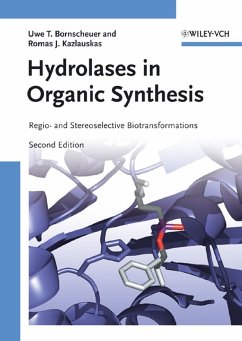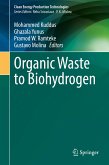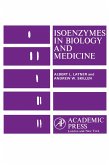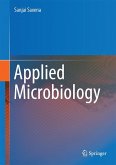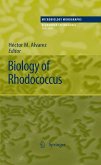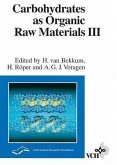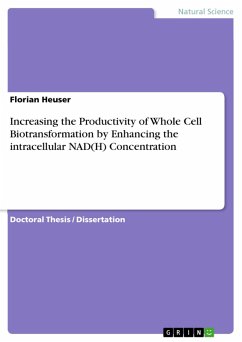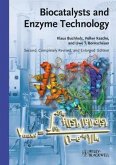From reviews to the first edtion: "Bornscheuer and Kazlauskas have set out, and succeeded, in producing a definitive manual on hydrolytic enzymes (especially lipases, esterases, and proteases) for organic chemists. This is quite simply the best book of its type and can be unreservedly recommended to organic chemists who have an interest in using hydrolytic enzymes in synthesis." (Nicholas J. Turner, University of Edinburgh) "The book is an indispensable source of information on the use of hydrolases in organic synthesis. The subject matter is very well set out, and the chapters are clearly written and presented from a critical viewpoint. Bornscheuer and Kazlauskas have succeeded admirably in describing the capabilities and limitations of the use of hydrolytic enzymes and in critically evaluating them. No library should be without the book." (Fritz Theil, WITEGA Angewandte Werkstoff-Forschung GmbH, Berlin) The second edition of this extremely successful and well-proven book presents recent developments in the use of hydrolases for organic synthesis, reflecting in particular the enormous progress made in enzyme discovery and optimization with a new chapter on "Protein Sources and Optimization of Biocatalyst Performance". The renowned authors survey the stereoselective reactions of hydrolases, especially lipases, esterases and proteases, giving researchers an overview of what has worked in the past so that they can judge how to solve their own synthetic problems. In total, the book contains over one thousand chemical structures, rounded off by some 1,800 invaluable references.
Dieser Download kann aus rechtlichen Gründen nur mit Rechnungsadresse in A, B, BG, CY, CZ, D, DK, EW, E, FIN, F, GR, HR, H, IRL, I, LT, L, LR, M, NL, PL, P, R, S, SLO, SK ausgeliefert werden.
"...for those who have not previosly purchased the first edition, this is an excellent buy. (...) The subject matter is discussed from the view point of the organic chemist and the chapters are arranged by functional group transformations rather than by enzyme type. This makes for an easy-to-read text, nicely separated by schemes and figures, all beautifully produced. In conclusion, this second edition should be in every library interested in organic synthesis." - Organic Process Research & Development Journal

